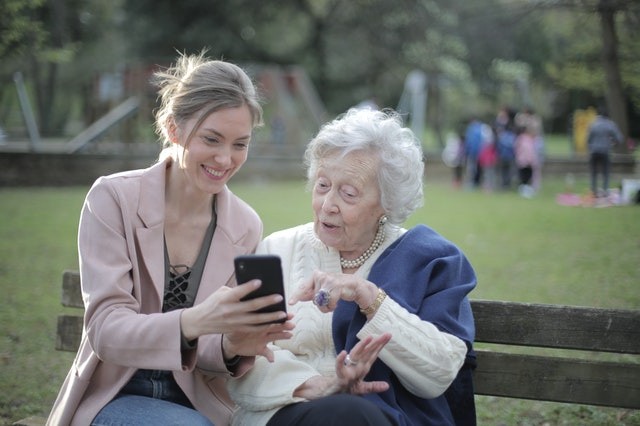Researchers from the University of Missouri and Baylor University recently studied older adults suffering from mild cognitive impairment or dementia were able to enhance their memory through the use of a personal assistant application on their smartphones to get reminded about upcoming activities and events.
As indicated in a EurekAlert! report, older adults with mild cognitive impairment or dementia sometimes struggle to remember their everyday tasks, including managing medications, grocery shopping, and tracking approaching events like anniversaries, birthdays, or even appointments.
The MU School of Health Professions assistant professor Andrew Kiselica collaborated with Baylor University's Michael Scullin and the University of Texas, Austin's Jared Benge, to study older adults with dementia or cognitive impairment, and follow how they performed with different memory tasks for four consecutive weeks.
The study investigators were instructed to capture photos at certain sites or make phone calls on particular days. They also trained the older adults on using a personal assistant application on their smartphone akin to Siri to provide reminders for such tasks and other daily activities or events they may have difficulty remembering.

Improved Memory Performance
Describing their study published in the Journal of the American Geriatrics Society, Kiselica explained they could successfully train the adults to use technology. More so, the adults who used the personal assistants the most "had the best memory performance."
He also said some people might be doubtful about whether older adults with cognitive impairment could be trained to use technology or if they would find it useful. More so, the initial evidence proposes that technology use helped them with their memory and enhanced their quality of life.
Kiselica explained, too, that the COVID-19 pandemic has resulted in an increase in the use of technology among older adults, and he is interested in analyzing if technology-based mediations can enhance memory.
He elaborated one interesting aspect of his research is finding out how to best diagnose people suffering from cognitive impairment conditions at the earliest possible time.
The professor then expressed concern that once these older adults receive a diagnosis, "how can we help" these people manage their condition to live their best life possible. Therefore, this particular tech solution appeared to work efficiently.
Use of Technology in Dementia Care
A report from the Dementia Care Central site specified that technology has turned more user-friendly for people with Alzheimer's disease and other dementia illnesses, including their caregivers.
Technological devices like location trackers can assist and supervise. Meanwhile, lower-tech gadgets such as special eating utensils or clothing are also available to make life with the said conditions easier.
Voice assistants have even been developed like the Google Home or Amazon Echo to help with different tasks from medication reminders to operating appliances remotely.
In-home cameras are installed at strategic sites, too, like medications in the bathroom, bedroom, or main living room where an individual with dementia is spending the most time.
Essentially, clear, continuous feeds can be monitored online or on smartphones. Even cameras with built-in speakers enable a dementia patient to talk to his loved one, like using an intercom. They can also be programmed to send a signal if they do not identify movement following a certain amount of time.
Related information about technology and dementia is shown on TEDx Talks' YouTube video below:
RELATED ARTICLE : Paralyzed Man Tweets With His Mind Through Microchip Brain Implant
Check out more news and information on Dementia and Technology in Science Times.












